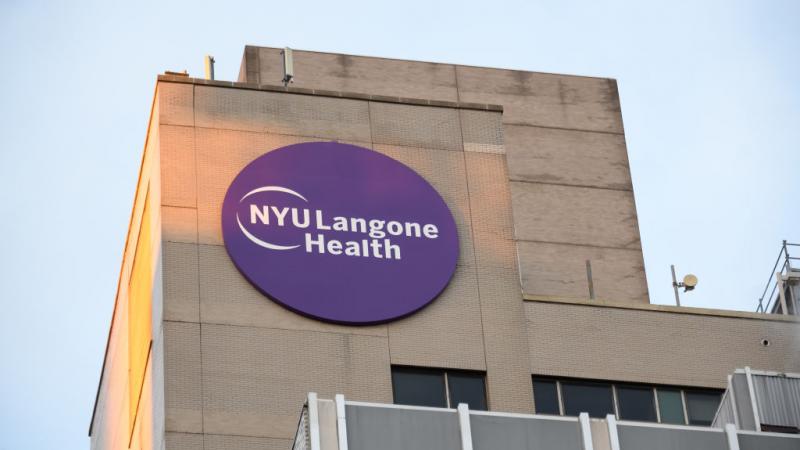Age most important factor in post-COVID booster deaths: study
The median age of those in the study who died from COVID was 85 years old.
A recent study concludes older adults are most at risk of death from COVID even after having received COVID-19 vaccine and booster shot.
The "Evaluation of Risk Factors for Postbooster Omicron COVID-19 Deaths in England" study was published by the JAMA Network medical journal last week.
Researchers analyzed over 19 million people ages 18 to 100 who had received primary COVID vaccine doses and a booster last year.
The median age of those in the study who died from the virus was 85.
"Age was the most important characteristic associated with the risk of post-booster COVID-19 death," the researchers said.
People who lived in a long-term care facility or in a "socio-economically deprived area" were also found to be at greater risk of dying from, even after having receiving a vaccine.
The study is consistent with Centers for Disease Control and Prevention data showing that those over 65 are significantly more likely to die from COVID, with the greatest risk posed to those over the age of 85.
"Understanding which groups are at increased risk of COVID-19 death after receiving a booster is crucial for the prioritization of further booster doses and access to COVID-19 therapeutics," the U.K. researchers said.
They also said people with the highest risk should be considered a priority for COVID therapeutics and further booster doses.
A U.S. Centers for Disease Control study found that in June 2022, people over 50 with at least two booster doses "had 14 times lower risk of dying from COVID-19, compared to unvaccinated people and 3 times lower risk of dying from COVID-19 than people with one booster dose."
The question of whether COVID vaccines are effective and if being vaccinated poses a great risk of illness or death has been debated since the shots became available in roughly December 2020.
Federal and state governments recommend those eligible to be vaccinated to get the shots, saying vaccines and boosters can keep most patients from getting the most serious cases of COVID-19 leading to hospitalization and death. However, they also acknowledge vaccine protections wane over time and allow for breakthrough infections.
Federal officials also acknowledge the vaccines have generated a significant number of adverse reaction reports, including suspected deaths and some heart inflammation. Federal officials say those concerns aside, they believe serious vaccine reactions are still fairly rare and in most cases their protections outweigh the risks.
















